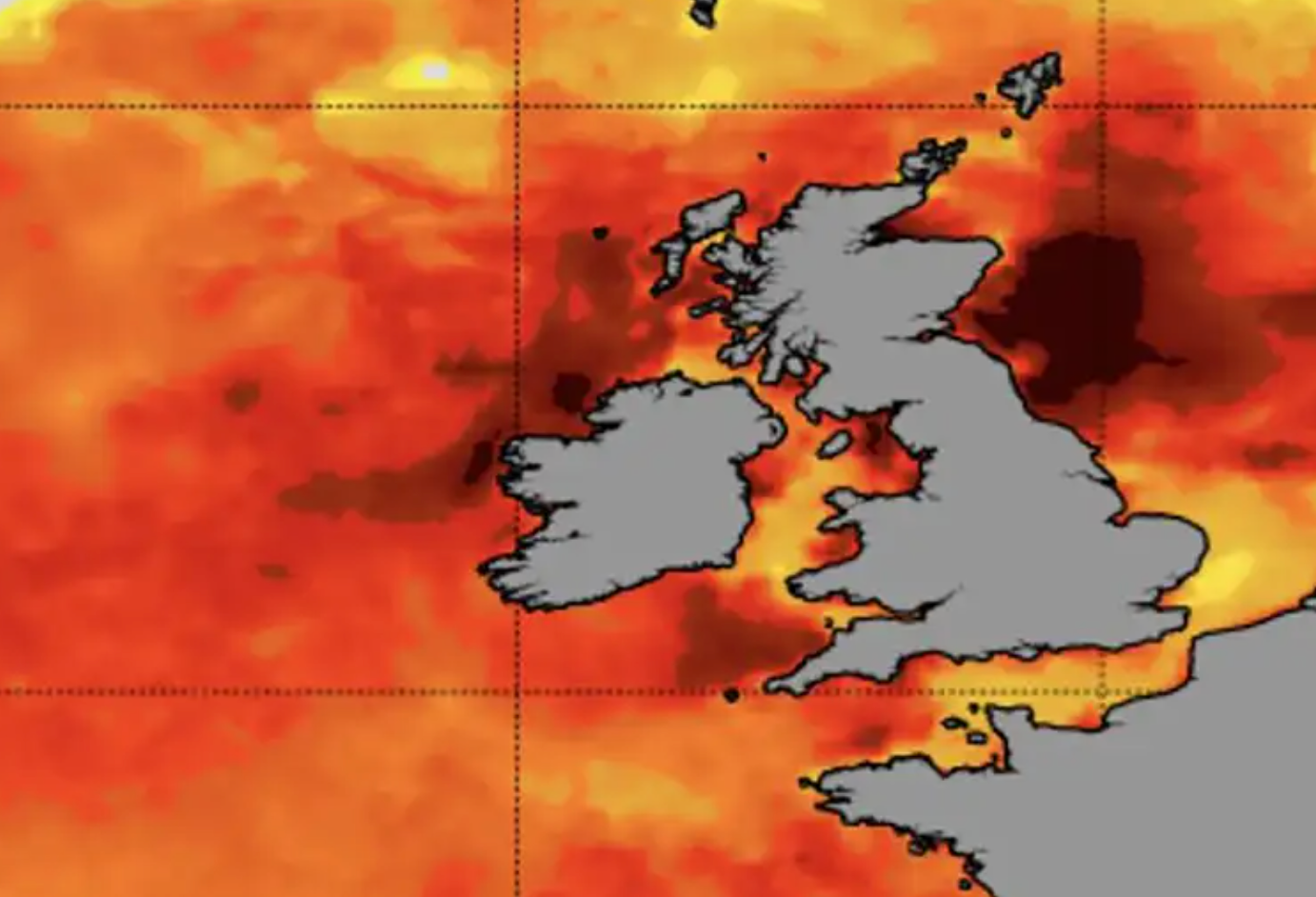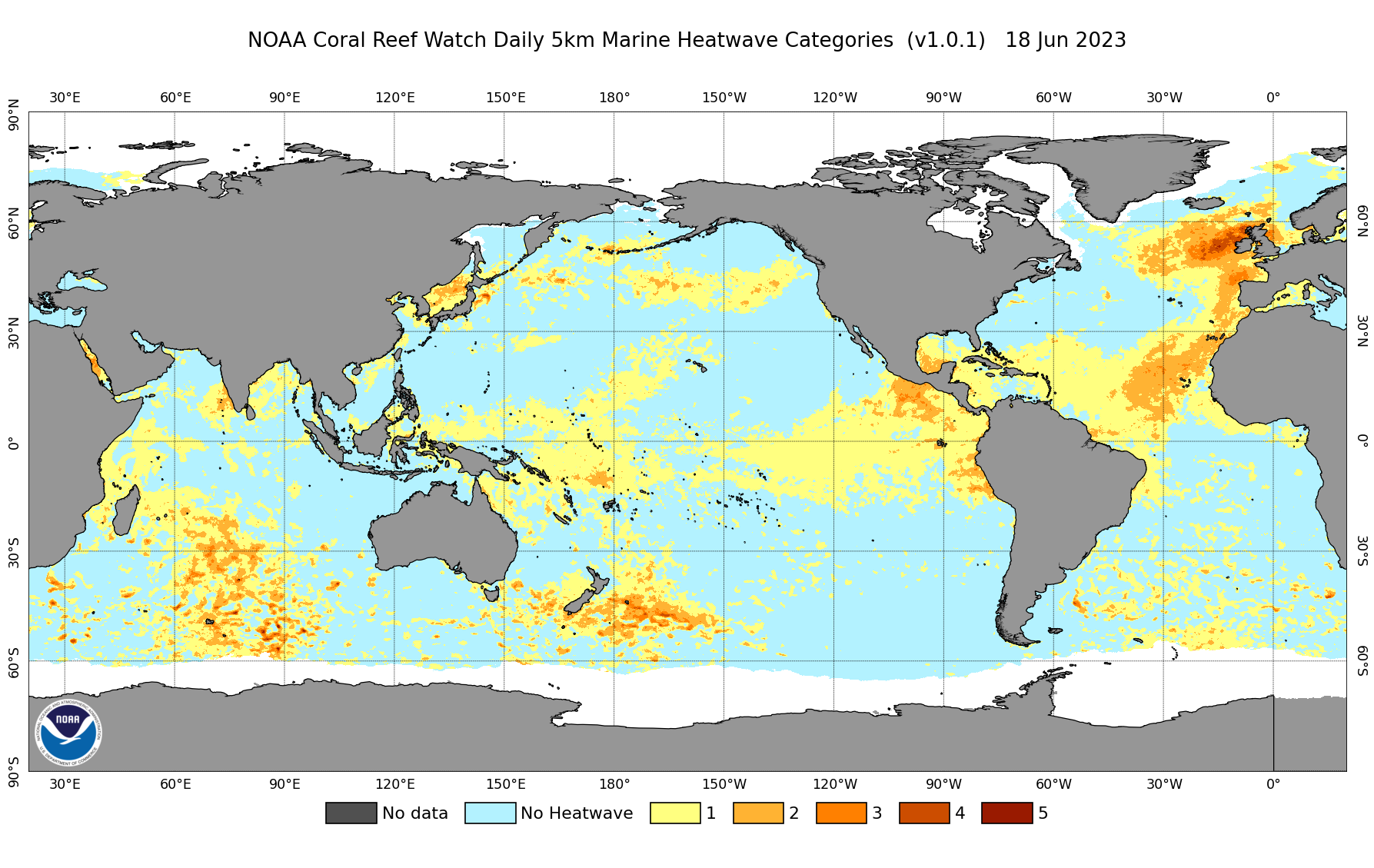UK and Ireland’s coastal waters experience ‘unheard of’ heatwave
‘We don’t know yet how long this UK event will last, but we would expect our marine ecosystems to not escape unscathed,’ one scientist said

Your support helps us to tell the story
From reproductive rights to climate change to Big Tech, The Independent is on the ground when the story is developing. Whether it's investigating the financials of Elon Musk's pro-Trump PAC or producing our latest documentary, 'The A Word', which shines a light on the American women fighting for reproductive rights, we know how important it is to parse out the facts from the messaging.
At such a critical moment in US history, we need reporters on the ground. Your donation allows us to keep sending journalists to speak to both sides of the story.
The Independent is trusted by Americans across the entire political spectrum. And unlike many other quality news outlets, we choose not to lock Americans out of our reporting and analysis with paywalls. We believe quality journalism should be available to everyone, paid for by those who can afford it.
Your support makes all the difference.A severe marine heatwave in the coastal waters of the UK and Ireland is posing a major threat to sea life and entire ecosystems.
The UK is experiencing its warmest June in decades and waters surrounding the country are smashing records. Some coastal waters in England are up to 5 degrees Celsius higher than normal.
In the west of Ireland, the marine heatwave has been designated a Category 5 - meaning it is “beyond extreme”, according to the US National Oceanic and Atmospheric Administration (NOAA).
Areas off the UK coast are at Category 4 - considered “extreme” levels of heat.
The east coast of the UK is experiencing the hottest sea temperatures from Durham north to Aberdeen in Scotland as well as the west coast of Ireland.
Water temperatures in Seaham, County Durham were 15C on Sunday - well above the 12C average for this time of year.
The marine heatwave spans a 4,000-mile stretch from coastal waters in West Africa to the south of Iceland.
Colin McCarthy, whose Twitter account US Stormwatch follows extreme weather globally, called it “one of the most extreme marine heatwave events ever recorded in modern history”.
Scientists warned that the effects of prolonged marine heatwaves, which persist longer than on land, can be highly destructive.
They can lead to mass die-offs of fish and other sea life, and create conditions for more powerful and long-lasting storms.
“There is no escape from the heat for sea creatures – they can’t turn on air conditioners – and this can exert heat stress on their bodies that can lead to death,” said Bangor University professor Yueng-Djern Lenn.
“In the case of coral reefs, marine heatwaves increase the risk of coral bleaching where they lose their colourful symbiotic zooxanthallae.”
The marine heatwave follows the findings that global sea surface temperatures reached the highest on record for April and May, with scientists noting unusually high temperatures in the North Atlantic.
The Arctic is experiencing the greatest increase in marine heatwaves causing major disruptions to the ecosystem.
Earlier this week, temperatures were found to be 1C warmer than average.
“We have not seen the North Atlantic look like this in modern records,” said Scott Duncan, a Scottish meteorologist.
Experts attribute the abnormal warming to both the climate crisis and the emergence of an El Nino climate pattern this year.
“The extreme and unprecedented temperatures show the power of the combination of human induced warming and natural climate variability like El Nino,” said Daniela Schmidt, professor of earth sciences at the University of Bristol.
“While marine heatwaves are found in warmer seas like the Mediterranean, such anomalous temperatures in this part of the North Atlantic are unheard of.”
The UK Met Office has warned of that global sea-surface temperatures will continue to push new boundaries this year.
Heatwaves, both terrestrial and marine, are expected to increase with as the climate crisis worsens, scientists explained. Piers Foster, professor of climate physics at the University of Leeds, said oceans are being hit by a “a quadruple whammy”.
“These high temperatures are mainly driven by unprecedented high rates of human-induced warming,” he said.
“Cleaning up sulphur from marine shipping fuels is probably adding to the greenhouse gas driven warming. The shift towards El Niño conditions is also adding to the heat. There is also evidence that there is less Saharan dust over the ocean this year. This normally reflects heat away from the ocean.
“So in all, oceans are being hit by a quadruple whammy – it’s a sign of things to come.”
A marine heatwave killed millions of fish and seabirds off New Zealand in 2020, and excessive ocean warming has also been responsible for the loss of coral reefs in tropical seas.

“We don’t know yet how long this UK event will last, but we would expect our marine ecosystems to not escape unscathed,” Mr Lenn said.
“And if there isn’t enough of a break between such events, allowing the ecosystems time to recover, the only winners will be the open ocean swimmers in the short term.”
Over the past 50 years, the frequency of marine heatwaves has doubled around the world.
If the world fails to rein in greenhouse gas emissions by 2100 marine heatwaves are expected to occur 50 times more frequently and be 10 times as intense as before human-driven warming, according to the UN climate science panel, the IPCC.
More than 90 per cent of the excess heat in the atmosphere, caused by burning fossil fuels, has been absorbed by the global ocean.
“This [warming] highlights how the continuous warming of the Earth due to greenhouse gas emissions creates the background for extreme events,” said Dr Ali Mashayek, associate professor of climate dynamics at University of Cambridge.
“When the entire system is heating up, positive anomalies [warming due to natural climate variability] can add up to the background warming to result in unprecedented warming,” he said.
Without human-induced warming, such events would not be “as extreme” as they currently are, he added.





Join our commenting forum
Join thought-provoking conversations, follow other Independent readers and see their replies
Comments